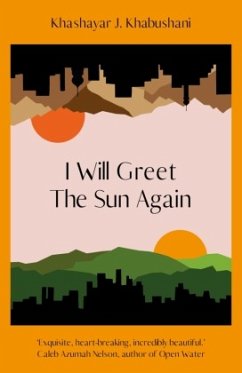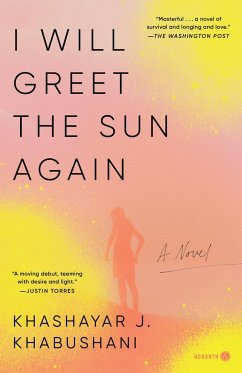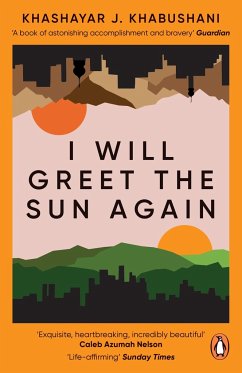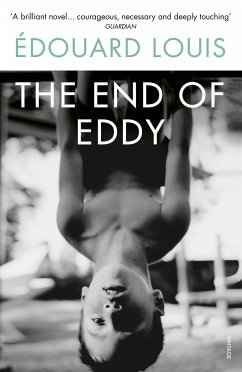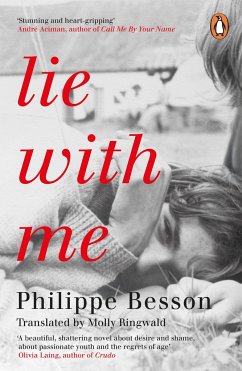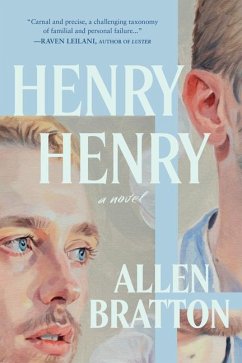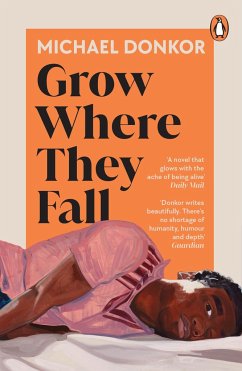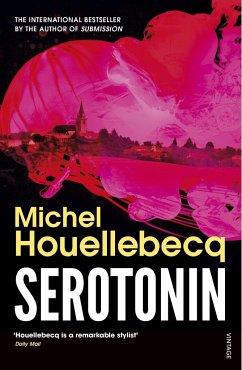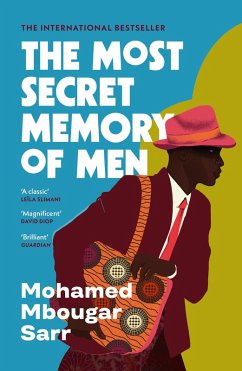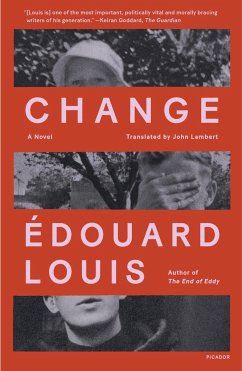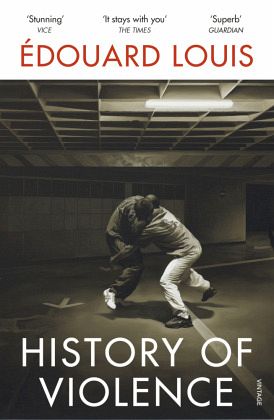
History of Violence

PAYBACK Punkte
4 °P sammeln!
__ Shortlisted for the 2020 International Dublin Literary Award __The radical, urgent new novel from the author of The End of Eddy - a personal and powerful story of violence.I met Reda on Christmas Eve 2012, at around four in the morning. He approached me in the street, and finally I invited him up to my apartment. He told me the story of his childhood and how his father had come to France, having fled Algeria.We spent the rest of the night together, talking, laughing. At around 6 o'clock, he pulled out a gun and said he was going to kill me. He insulted me, strangled and raped me. The next d...
__ Shortlisted for the 2020 International Dublin Literary Award __
The radical, urgent new novel from the author of The End of Eddy - a personal and powerful story of violence.
I met Reda on Christmas Eve 2012, at around four in the morning. He approached me in the street, and finally I invited him up to my apartment. He told me the story of his childhood and how his father had come to France, having fled Algeria.
We spent the rest of the night together, talking, laughing. At around 6 o'clock, he pulled out a gun and said he was going to kill me. He insulted me, strangled and raped me. The next day, the medical and legal proceedings began.
History of Violence retraces the story of that night, and looks at immigration, class, racism, desire and the effects of trauma in an attempt to understand a history of violence, its origins, its reasons and its causes.
'It stays with you' Times
'A heartbreaking novel' John Boyne
The radical, urgent new novel from the author of The End of Eddy - a personal and powerful story of violence.
I met Reda on Christmas Eve 2012, at around four in the morning. He approached me in the street, and finally I invited him up to my apartment. He told me the story of his childhood and how his father had come to France, having fled Algeria.
We spent the rest of the night together, talking, laughing. At around 6 o'clock, he pulled out a gun and said he was going to kill me. He insulted me, strangled and raped me. The next day, the medical and legal proceedings began.
History of Violence retraces the story of that night, and looks at immigration, class, racism, desire and the effects of trauma in an attempt to understand a history of violence, its origins, its reasons and its causes.
'It stays with you' Times
'A heartbreaking novel' John Boyne





